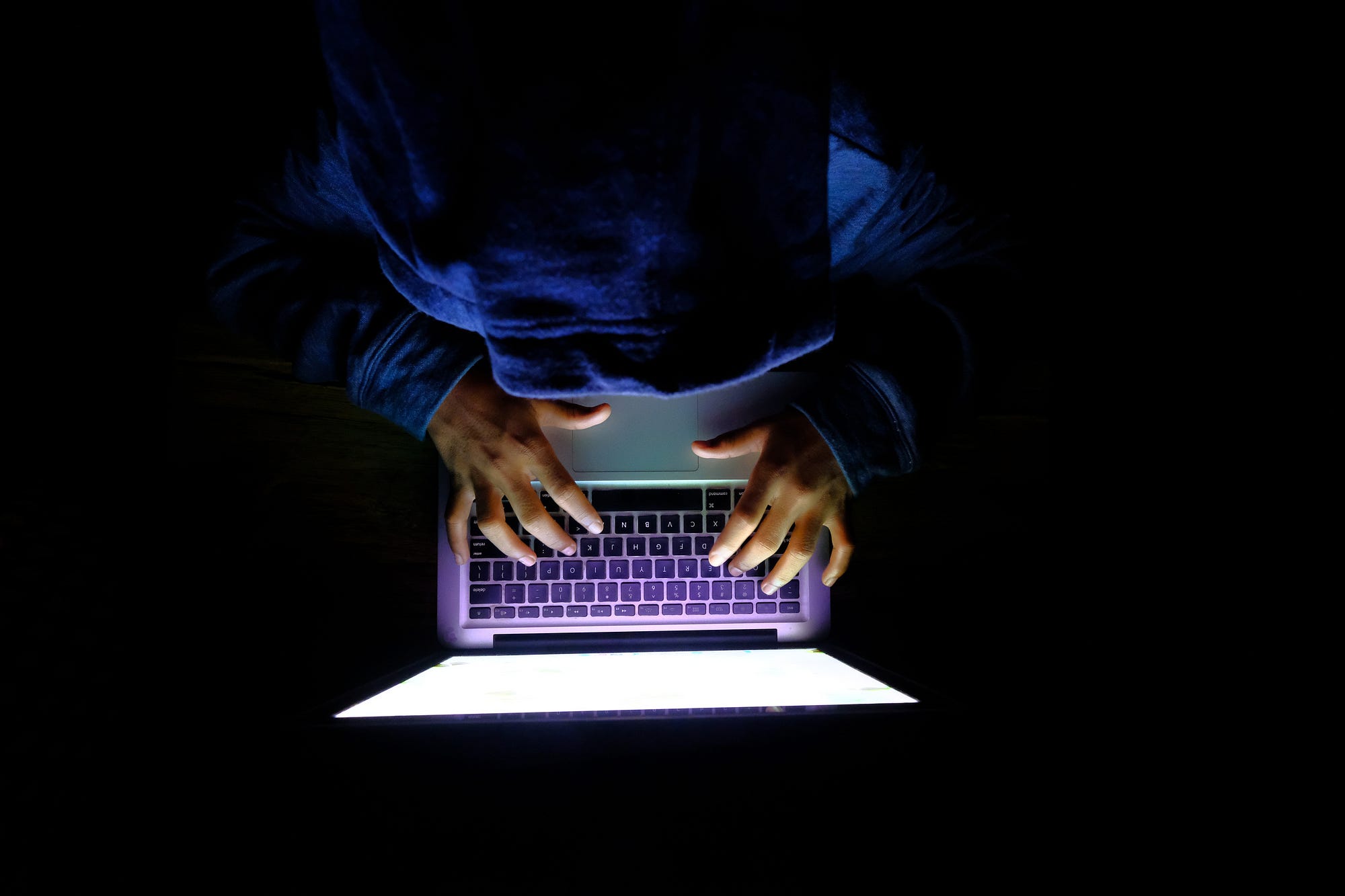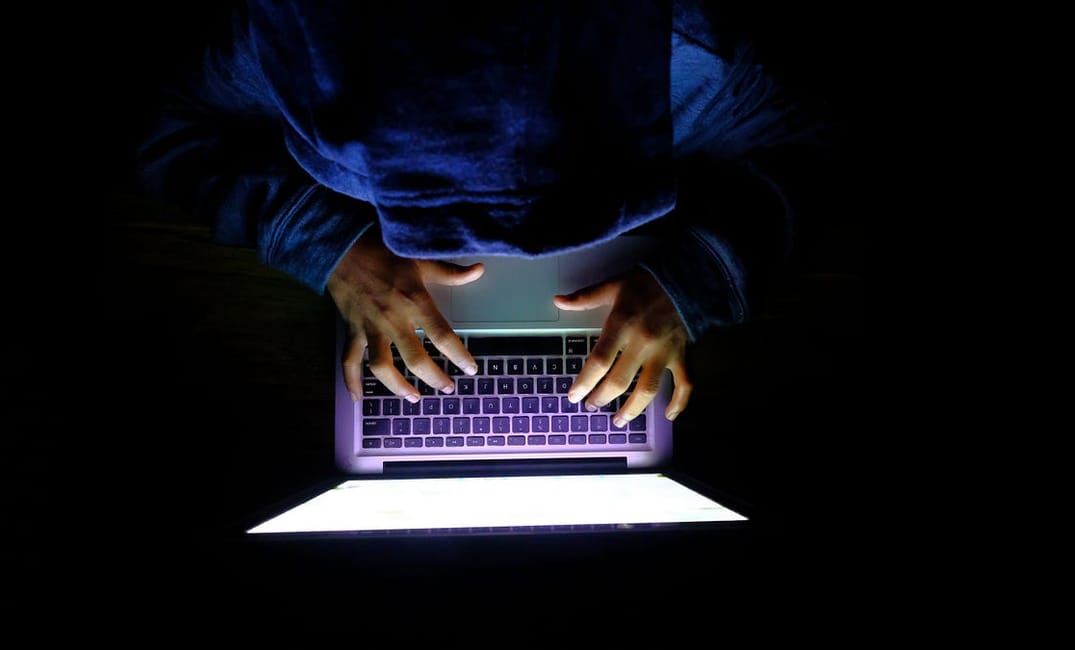
Several years ago, I pitched a story to an online publication. It was my first time pitching anything anywhere, and I was nervous about the usual stuff: how they’d respond, if they’d respond, and when they’d respond.
“You don’t use an email tracker?” a friend asked when I confided my deep, dark worries. (I didn’t have a lot going on at the time.)
“Huh?” I eloquently asked.
“It’ll show when someone opens your email and how many times,” she explained.
And that was the day when I downloaded the Chrome Email Tracker extension.
I didn’t see a problem with tracking my emails. At first, I’d rarely pay attention to whether someone had opened one unless I needed to follow up. As the blue notification number rose up and up and up into the thousands, I didn’t care to check it. For the most part, it was just another icon crowding my browser.
But then, in a fitful string of unsuccessful attempts to avoid distraction, I deactivated Facebook. I found myself taking roundabout ways to sate my technology-induced dopamine craving. It was then that I took a newfound interest in who was opening my emails, how quickly, and how many times. I felt the same highs of instant gratification one experiences on social media: someone, somewhere, had thought of me. Even if that thought was, “Why on earth didn’t Molly just text this to me?”
At first, it was more of a hobby than a habit — something I checked because it was one more thing to check, but not because I actually cared about the data.
Until, of course, I did care about the data.
It started with my emails to editors, then emails to recruiters. And eventually, my fixation on email tracking moved to my personal mail. Every so often, that little blue notification would give me even more information than I’d hoped for.
On a Wednesday afternoon, I sat down to work. As usual, I didn’t start working. Instead, I resorted to my constantly improving, ever-expanding procrastination methods.
I was a silent ninja of anyone’s inbox. With my email tracker in hand, I had a secret superpower. And I’d be crazy not to use it.
While catching up with my trusty email tracker, I noticed that my sister had opened a year-old email — a set of instructions on how to connect two people entitled “How to Write an Intro Email.”
“Excellent,” I thought, as I rhythmically touched my fingertips together, à la Mr. Burns. “Looks like Julie’s networking.”
And when I saw Julie in person, she mentioned the email.
“Your guide was really helpful!” she told me as she explained the who’s and the why’s.
“I’m glad to hear that!” I replied, but probably not with the enthusiasm implied by this exclamation point.
I neglected to mention that I’d figured as much. After all, why else would she open a year-old email?
Naturally, this noxious compulsion leaked its way into my love life. On one arguably out-of-my-mind day, I confronted a ghoster. And when I did, I opted for email.
“I just want to know that he saw it,” I told myself, a last-ditch lie designed to convince myself that emailing this virtual stranger wasn’t completely batshit crazy. (In retrospect, it was.)
His actual response wasn’t nearly as exciting as the fact that he’d viewed my email 17 times.
With my email tracker in hand, I was privy to information that no one else knew I had. I was a sort of digital spy without any coding knowledge whatsoever. I was a silent ninja of anyone’s inbox. With my email tracker in hand, I had a secret superpower. And I’d be crazy not to use it.
“You use an email tracker?!” Friends would ask incredulously, impressed but completely glossing over the fact that I’m a certifiable nut job. Later, I’d send them the link.
Or they’d respond to the revelation with a renewed plan of action for my emails.
“Wow, I have to remember not to open emails from you,” TBI editor Andrew Chamings told me over coffee, wide-eyed and truly terrified.
I didn’t question the ethics of tracking my emails, even personal ones. I figured that everyone knew email trackers were out there, and I thought that most people were using them. I was just doing what everyone already assumed I was doing. Right? Right?!
Meanwhile, I treated my own inbox with caution. I didn’t open mail unless I intended to respond, and I was careful about how often I’d open any given email. Because I never want to be the idiot who opens your email 17 times.
One afternoon, I met a friend for coffee to update her on my latest drama and related email-tracking antics.
“That sounds like it’ll do you more harm than good,” she calmly, nonjudgmentally told me. She was referring to my own emotional state, of course.
“Oh, it’s fine,” I told her, brushing off her well-warranted concern. “I just like knowing that they saw it.”
She didn’t buy it.
In fact, when a personal email sat unopened, I quickly found myself in a downward spiral. Had they deleted it without opening it? Had I upset them? Had someone they know overheard my conversation in a public place? I recounted where I’d had those conversations and what I’d said. Had I said their name? Given identifiable details? Had anyone been sitting within earshot? Is there any way that my email tracker just might not have worked? Could they have read my mind?! Should I wrap my entire body in tinfoil and stay indoors until I die of loneliness and a vitamin D deficiency?
My mind ran through the facts, searching for a possible explanation. I googled “how to get around an email tracker.”
Instead of cold hard facts revealing all the ways the recipient in question might have outmaneuvered my tracker, I found articles and forums debating the ethics of email trackers. And most everyone involved in these discussions seemed to agree that tracking emails — particularly personal ones — wasn’t a great look.
My harmless curiosity had snowballed into a regular hobby before pummeling me with yet another addictive habit.
One Quora user pointed out the “betrayal of trust,” while an expert quoted by Huffington Post noted that third-party apps pose a security risk.
Because while most messaging apps enable some kind of read receipt, they’re generally known among platform users. But here I was, covertly using technology that I didn’t understand (something with pixels, according to my very involved Google search) to track colleagues, friends, and family members without their consent.
The internet, it seemed, was in agreement: using an email tracker made me an asshole. Worse yet, it made me a secret asshole.
My harmless curiosity had snowballed into a regular hobby before pummeling me with yet another addictive fix of instant gratification. And with this particular one, I’d gleaned private information without informed consent. I’d spied on people I knew and loved, along with people I knew and kind of hated. And though my intent was never malicious, I couldn’t help but feel that I had betrayed the trust of everyone I’d ever emailed.
I was suddenly hit by the revelation that my email tracker made me… kind of awful. Nobody wants to be watched through a pinhole, particularly by someone they know and trust in real life.
So in an effort to restore my status as an ethical inhabitant of the World Wide Web, I uninstalled the tracker and replaced it with a tracking blocker instead.
And now, Andrew, you have nothing to worry about.







